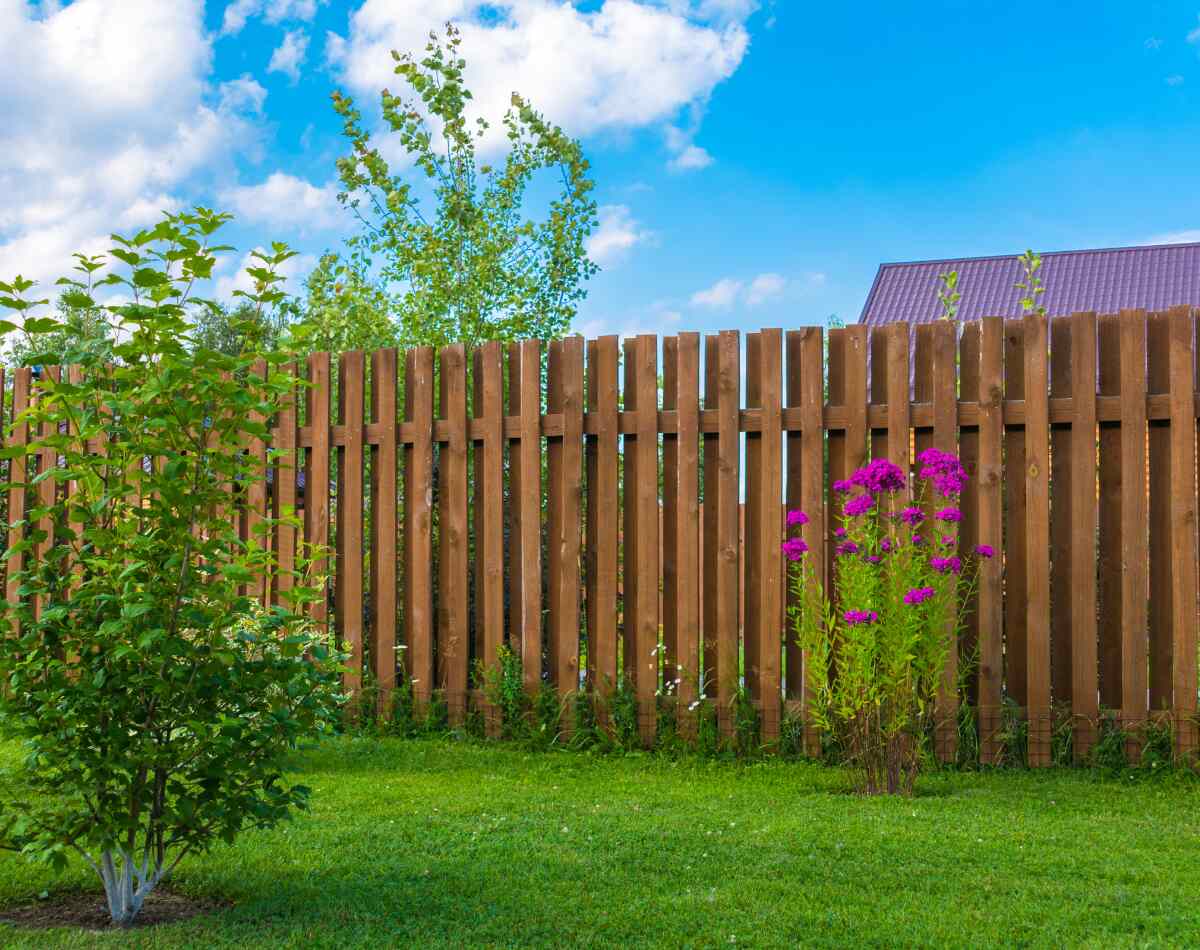All Categories
Featured

Picking the ideal secure fencing material is vital for achieving the equilibrium of resilience, aesthetic appeals, and functionality that suits your residential property. Wood, plastic, and light weight aluminum are prominent options, each with distinct functions that accommodate specific demands. Right here's an in-depth look at the advantages and downsides of these 3 products.
Timber Fencing. Pros:. Ageless Allure: Timber provides a natural, timeless look that complements various building styles. Adjustable: It can be painted or tarnished in a range of colors and designs. Economical: Timber fences are usually less expensive upfront than plastic or light weight aluminum. Eco-Friendly: As a renewable energy, wood is naturally degradable and sustainable when sourced sensibly. Disadvantages:. Maintenance-Intensive: Needs routine discoloration, painting, or sealing to protect versus weather condition and insects. Shorter Lifespan: Depending on the kind of timber and climate, it normally lasts 10-15 years. Vulnerability to Damages: Prone to deteriorating, warping, and termite damage without correct care. Timber is optimal for homeowners who value appearances and are ready to invest time and initiative in maintenance to prolong its life.
Vinyl Fence. Pros:. Durable: Resistant to pests, rot, and weather, vinyl maintains its framework in extreme problems. Reduced Maintenance: Needs little upkeep beyond occasional cleaning. Lengthy Lifespan: Plastic can last 20-30 years without significant wear or damages. Flexible Designs: Readily available in numerous shades, textures, and designs, including alternatives that resemble timber. Cons:. Expensive Setup: Plastic fences are a lot more pricey to install contrasted to timber. Breakable in Cold Climate: Vinyl can crack in severe cool climates. Challenging to Repair: If damaged, entire sections might require substitute, which can be testing to match. Vinyl secure fencing is a great selection for those prioritizing longevity and very little upkeep, even if it comes with a higher upfront cost.

Aluminum Fence. Pros:. Rust-Resistant: Light weight aluminum does not corrosion, making it perfect for damp or moist areas. Lightweight but Strong: Deals strength without being overly heavy, which streamlines installment. Low Maintenance: Requires little even more than cleansing and periodic repainting. Durability: Aluminum fencings can last for decades without significant damage. Sophisticated Designs: Often made use of for decorative purposes, aluminum includes sophistication to any residential property. Disadvantages:. High Initial Expense: Light weight aluminum fences are amongst the a lot more expensive choices. Minimal Personal privacy: Commonly designed with open spaces, they do not obstruct views or sound. Prone to Damages: While tough, aluminum can be dented or bent with heavy impact. Light weight aluminum is ideal matched for those who desire a long-lasting, elegant fence and do not call for total personal privacy.
Making the Right Option. Each product has its weaknesses and staminas:

Timber is excellent for traditional aesthetics and eco-conscious buyers who do not mind upkeep. Plastic benefits house owners looking for a weather-resistant, low-maintenance solution. Aluminum is a sturdy, ornamental choice for those that want style and long life. Consider your concerns-- whether it's cost, maintenance, personal privacy, or appearance-- and seek advice from a fencing professional to select the material that finest satisfies your demands. A well-selected fencing will boost your building for years to find.
Latest Posts
Discover Exclusive Auto Repair Specials in Chicago at Montclare Auto Repair
Published May 27, 25
1 min read
Uncover Reduce Expenses on Car Maintenance with Montclare Auto Repair’s Limited-Time Deals
Published May 27, 25
1 min read
How Regular Vehicle Maintenance at Montclare Auto Repair Saves You Money
Published May 26, 25
1 min read
More
Latest Posts
Discover Exclusive Auto Repair Specials in Chicago at Montclare Auto Repair
Published May 27, 25
1 min read
Uncover Reduce Expenses on Car Maintenance with Montclare Auto Repair’s Limited-Time Deals
Published May 27, 25
1 min read
How Regular Vehicle Maintenance at Montclare Auto Repair Saves You Money
Published May 26, 25
1 min read